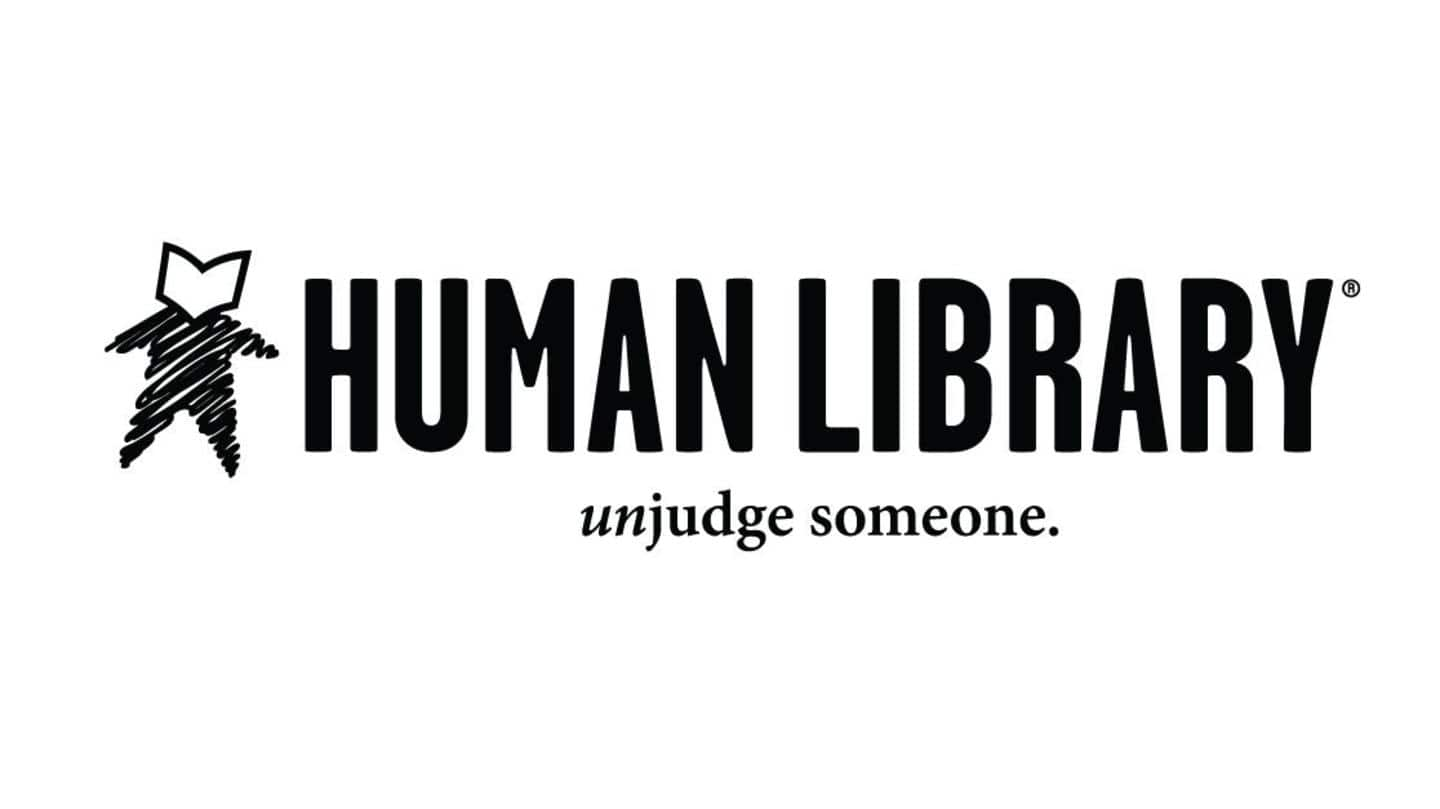
How Human Library makes stories come alive
What's the story
Books not only inform and educate you but also becomes a friend of sorts, a retreat of comfort. But however close you are with reading, it always remains a one-way communication, leaving you with no option to question, or interact unless, of course, you get to meet the author. What if you could talk to a book--question, verify, and share with it?
#1
What is a Human Library?
The Human Library has people with intriguing stories and lets visitors "read" them for sessions. The concept was developed in Copenhagen in 2000 as a project for Roskilde Festival. The organization is currently present in more than 80 countries, with a mission to dispel prejudices by allowing people to have first-person narratives. They want to create inclusive communities across cultural, social, and ethnic differences.
#2
These human books hold immense experience
It would be good if your book could have a conversation with you, or come unedited, right? All their human books are volunteers who have personal experience in a certain field. They expect difficult questions and appreciate and answer them openly to help you overcome prejudices or clear doubts. Acid attack survivors, journalists, or people from the LGBTQ community, anyone can be a "book."
#3
Human Libraries in India
Delhi, Mumbai, Hyderabad, Indore and Chennai are some of the cities with this gem of a facility. An important factor here is not just the relevance of the living books, but also the readers (visitors who come to "read" human books). The idea is "question to learn and not to judge," therefore readers should come to sessions with an open mind.
#4
How does it all work?
Every book has a title like Bipolar, Autism, ADHD, Homeless, Molested etc. Readers get 30 minutes each with the anonymous person. The motive of borrowing a person and listening to their life story is to be attentive and realize why one should not judge a book by its cover. The tagline of The Human Library is, "Don't judge a book by its cover."